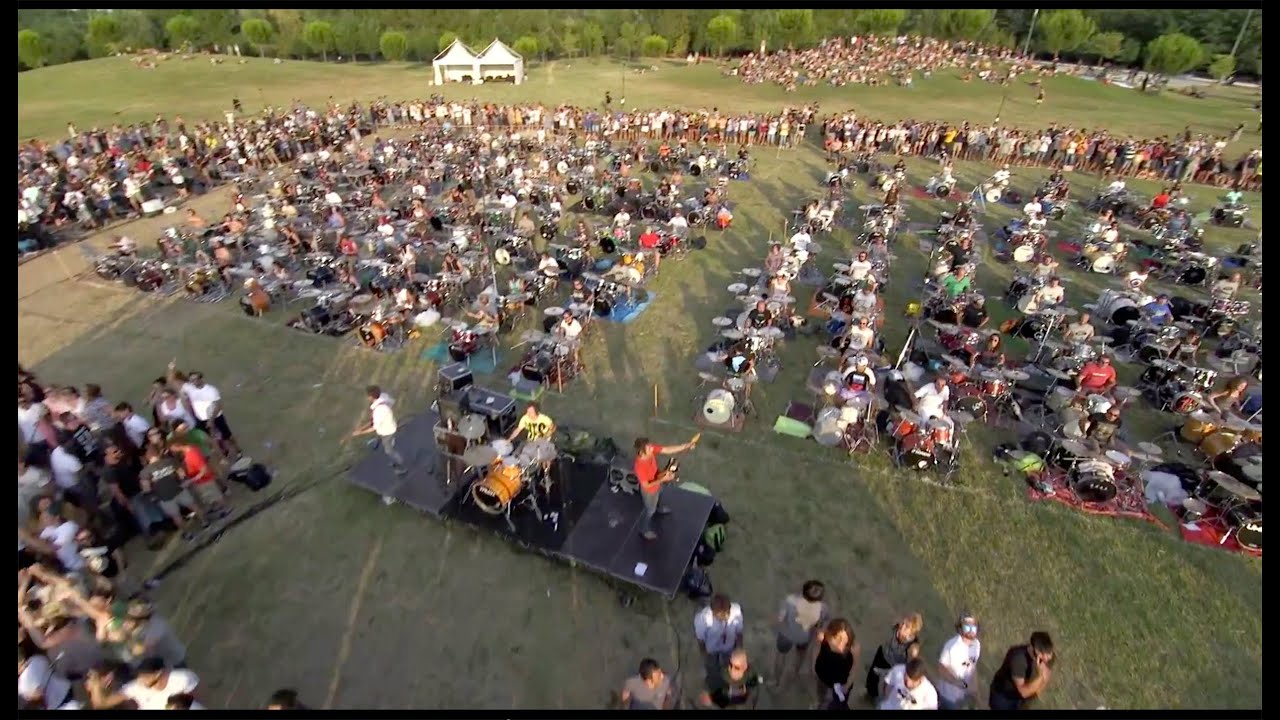Hear Joni Mitchell’s Earliest Recording, Rediscovered After More than 50 Years
How excited would you be to listen to a recording, made at an AM radio station in 1963, labeled “JONI ANDERSON AUDITION TAPE”? If you know much about the singer-songwriters of the mid-20th century, you’d be quite excited indeed. For Joni Anderson is none other than Joni Mitchell, who under that married name would go on to become one of the most influential solo performers to come out of the folk-music scene. Not that she prized the designation that thus accompanied her to stardom: “I was never a folksinger,” she recently remembered herself insisting. “I would get pissed off if they put that label on me.”
She had a point. Listen to that 1963 audition tape, on which she sings “The House of the Rising Sun” while accompanying herself on the ukulele, and on some level you’ve got to call it folk music. But even at the age of 19, Mitchell — or rather Anderson — exhibited the distinctively captivating musical presence that would get listeners of more than one generation playing her records until they wore through.
Whether the teenage DJ who recorded her demo had any idea of what she would become at the time, he knew full well the cultural value of the tape when his daughter rediscovered it in the basement more than fifty years later.
In the video just above, you can see that DJ, one Barry Bowman, react to Mitchell’s earliest-known recording after threading it up in his home studio. “Damn!” he says, marveling at the crispness of the sound after all these decades — and the fact that he somehow managed to do justice to both her voice and her strings with the relatively meager equipment available to him at CFQC-AM. The tape even captures the distinctive sound of her alternate-tuned baritone ukulele, which she originally took up while growing up in Saskatoon when her mother vetoed the guitar.
Last year Mitchell’s 1963 version of “The House of the Rising Sun” saw official release as part of the box set Joni Mitchell Archives Vol. 1: The Early Years (1963-1967). Listening back to the material of that period surprised even Mitchell, and made her change her mind about her earlier folk-related resentments: “It was beautiful. It made me forgive my beginnings. And I had this realization… I was a folksinger!” She may have transcended folk music — just as she left Saskatoon for Toronto, and then Toronto for southern California — but even Joni Mitchell had to start somewhere.
via Metafilter
Related Content:
Watch Joni Mitchell’s Classic Performances of “Both Sides Now” & “The Circle Game” (1968)
Based in Seoul, Colin Marshall writes and broadcasts on cities, language, and culture. His projects include the Substack newsletter Books on Cities, the book The Stateless City: a Walk through 21st-Century Los Angeles and the video series The City in Cinema. Follow him on Twitter at @colinmarshall or on Facebook.
Hear Joni Mitchell’s Earliest Recording, Rediscovered After More than 50 Years is a post from: Open Culture. Follow us on Facebook, Twitter, and Google Plus, or get our Daily Email. And don’t miss our big collections of Free Online Courses, Free Online Movies, Free eBooks, Free Audio Books, Free Foreign Language Lessons, and MOOCs.
, How excited would you be to listen to a recording, made at an AM radio station in 1963, labeled “JONI ANDERSON AUDITION TAPE”? If you know much about the singer-songwriters of the mid-20th century, you’d be quite excited indeed. For Joni Anderson is none other than Joni Mitchell, who under that married name would go
Hear Joni Mitchell’s Earliest Recording, Rediscovered After More than 50 Years is a post from: Open Culture. Follow us on Facebook, Twitter, and Google Plus, or get our Daily Email. And don’t miss our big collections of Free Online Courses, Free Online Movies, Free eBooks, Free Audio Books, Free Foreign Language Lessons, and MOOCs.










